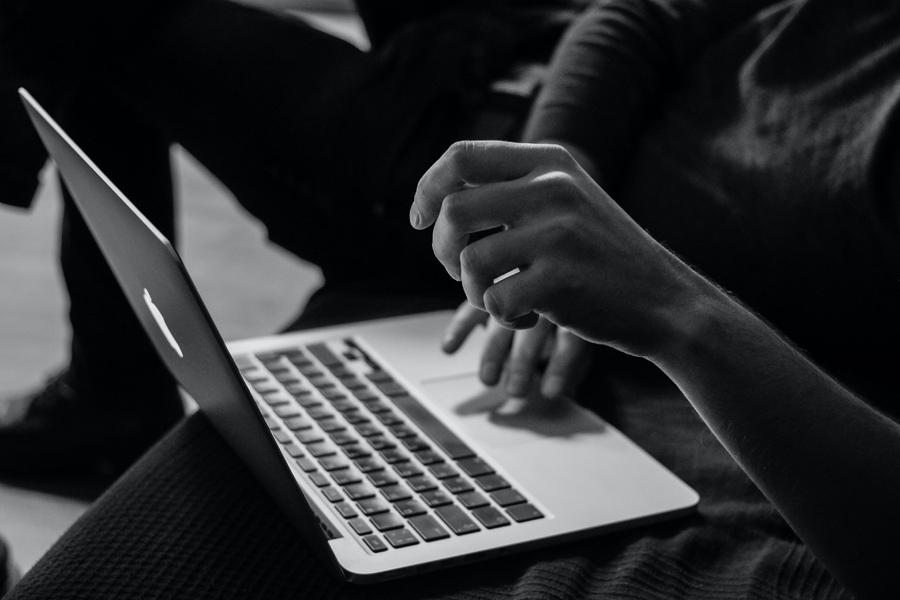7 out of 10 young women in the Philippines experience online harassment, survey shows

A survey of more than 14,000 young women aged 15-24 in 31 countries, including the Philippines, has shown that majority of young Filipinas have experienced online harassment.
Conducted by Plan International (PI), the survey revealed that 7 out of 10 women or 68% have experienced online harassment, particularly on social media.
According to a PI press statement, 50% of surveyed young Filipinas revealed that online harassment happened "frequently," while 33% said it happened "very frequently."
Additionally, 67% of Filipinas surveyed revealed they were harassed by people they know.
Meanwhile, 8 out of 10 or 79% of the surveyed young women said, they and other girls they know have received threats of sexual violence on social media.
Gender Specialist of PI Mona Mariano said, "The high incidence of online violence against girls and young women is alarming. In this global pandemic and in an increasingly digital world, girls are more at risk than ever."
Mariano said people must understand that online harassment may also "impact girls’ lives offline. Experiencing harassment or abuse online may take a huge toll on a girl’s confidence and wellbeing.”
The Plan International research showed that in the Philippines, "girls and young women who identified themselves as having at least one intersecting characteristic (being from an ethnic minority, identifying as LGBTIQ+ or living with a disability) are more vulnerable to online violence."
Meanwhile, the study also revealed that young women from all over the world shared similar experiences of online harassment and discrimination.
Majority of the survey participants believe in the importance of being online amid COVID-19 pandemic, but online violence and harassment has limited their freedom of expression, "driving them out of digital spaces, and leaving them emotionally stressed and feeling unsafe."
Mariano said, "Online violence is disempowering girls. They’re being shut out of a space that plays an important part in fulfilling their potential to thrive and become leaders."
Given this alarming situation, PI launched its #FreeToBeOnline global campaign which is said to call for "ending online violence and upholding the digital rights and freedom of girls and young women."
In its campaign, PI highlighted "the important roles of governments, private sector especially tech and social media companies, civil society, and communities in recognizing the harm caused by online violence against girls and young women, promoting digital citizenship education, reporting abuse, crafting and implementing inclusive policies and laws, and amplifying girls’ voices."
#FreeToBeOnline and the research are both part of PI's "Girls Get Equal, "a" movement for a world where girls and young women have the power to be leaders and shape the world around them." — LA, GMA News




